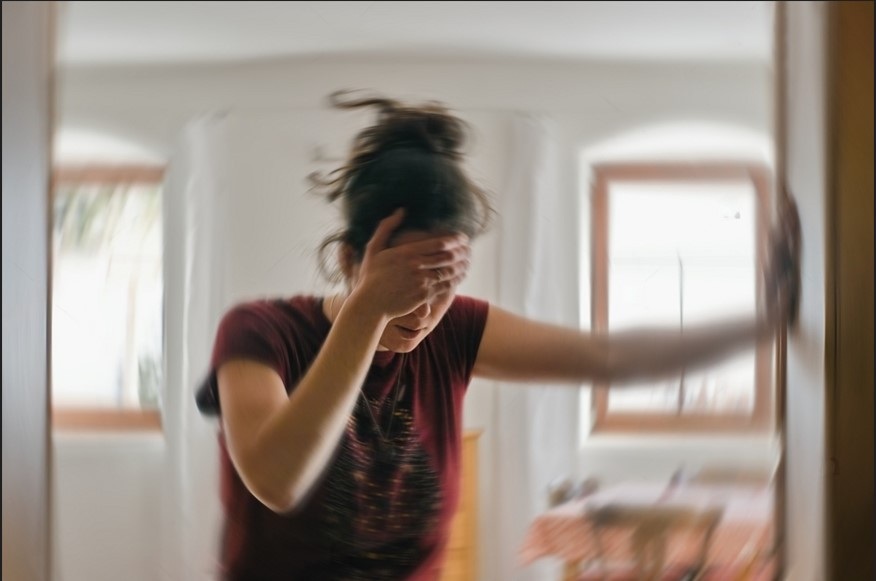
Can stress and lack of sleep cause seizures?
What is referred to as epilepsy?
Epilepsy is a chronic condition that leads to recurring seizures caused by abnormal electrical signals from damaged brain cells. Seizures occur when there is a sudden surge of uncontrolled electrical activity in the brain, which can affect your awareness, muscle control (resulting in twitching or jerking), sensations, emotions, and behavior. Epilepsy is also known as a seizure disease.
What goes on in your body when you have epilepsy?
Your brain cells communicate with each other and the rest of your body through continuous electrical impulses. Epilepsy interferes with this normal flow, causing sudden bursts of electrical activity, similar to an unpredictable lightning storm, between cells in different parts of the brain. This disruption can lead to changes in your awareness, such as loss of consciousness, as well as alterations in sensations, emotions, and muscle movements.
What are the seizure disorder symptoms?
- Emotional changes
- Changes in taste or smell
- Uncontrolled jerking of muscles
- Staring blankly
- Doing repetitive movements
Reach out to the best seizure doctors in Coimbatore if you have experienced any of these symptoms.
What can increase your chance for epilepsy?
A seizure disease occurs when there is a change in the brain’s activity levels, leading to chemical imbalances. These imbalances cause brain cells (neurons) to start firing in an abnormal way. When this activity becomes uncontrollable, it can trigger a seizure. Various factors can affect the brain’s activity and lead to stress-induced seizures, such as:
- Menstrual changes
- An increase in alcohol consumption
- Lack of sleep
- Stress
How can stress trigger seizures in epilepsy?
- Stress is a natural and often unavoidable part of everyday life, usually triggered by unexpected events or challenging situations.
- Sometimes, several stressful events combine, making things feel overwhelming.
- Our bodies respond to stress with both physical and emotional reactions, such as frustration, panic, worry, sadness, or anger.
- While these are normal emotional responses, it’s the physical impact of stress on the body that can sometimes cause seizures in adults.
Can lack of sleep trigger epilepsy?
- Yes, it can. Seizure diseases are closely linked to sleep patterns.
- Some people experience their first seizure after staying up all night or after not getting enough sleep for a long time.
- For those with epilepsy, poor sleep can increase the likelihood of seizure diseases and even make them more severe and longer-lasting.
- Certain types of epilepsy are particularly sensitive to sleep issues.
How does lack of sleep trigger seizures?
- Sleep can influence seizure diseases in various ways.
- During regular sleep-wake cycles, the brain’s electrical and hormonal activity changes, which might explain why some people have more seizures during sleep and why sleep deprivation can trigger seizures.
- For some, seizures are closely linked to their sleep patterns, they might have seizure diseases while sleeping, as they fall asleep, or when they wake up.
- For others, sleep isn’t a major trigger, or the connection is less obvious.
- For instance, lack of sleep might only trigger seizures if other factors are also at play.
What are the issues with stress that can cause seizures?
- The parts of the brain that react to stress are closely connected to the areas involved in seizures.
- When we’re stressed, certain hormones increase and directly impact the nervous system, affecting the brain in ways that can contribute to seizure diseases.
- Long-term stress, or chronic stress, can cause mood issues like anxiety and depression, which can worsen stress levels and further increase the risk of stress-related seizures.
- Additionally, stress can disrupt sleep or cause sleep loss, which can also trigger seizure diseases related to stress.
How can sleep affect epilepsy?
Sleep and epilepsy are closely linked. Sleep can influence how often seizures happen, when they occur, and how long they last.
- Lack of sleep is a common trigger for seizures in many people. Some types of epilepsy, known as sleep-related epilepsies, are closely linked to sleep.
- For instance, people with benign rolandic epilepsy and autosomal dominant nocturnal frontal lobe epilepsy often have seizures at night.
- Others, like those with epilepsy that involve generalized tonic-clonic seizure diseases, may have seizures within an hour or two of waking up.
- Epilepsy can also make it harder to sleep or worsen existing sleep disorders.
- Additionally, some medications used to treat epilepsy can affect sleep, some may cause drowsiness, while others can lead to trouble falling or staying asleep.
- Improving your sleep can help reduce the frequency of seizures and boost your overall well-being.
- If you have trouble sleeping, it’s a good idea to discuss it with both your epilepsy specialist and your primary care doctor to identify and address the causes of your sleep issues.
Important Takeaway:
Epilepsy seizures can get triggered with lack of sleep and stress, which is why in case you are diagnosed with epilepsy it is important to stay stress-free and also have a good night’s sleep every single night. If you are dealing with epilepsy due to your lifestyle it is important to consult the best psychiatrist doctor in Coimbatore to find the right set of treatment.


